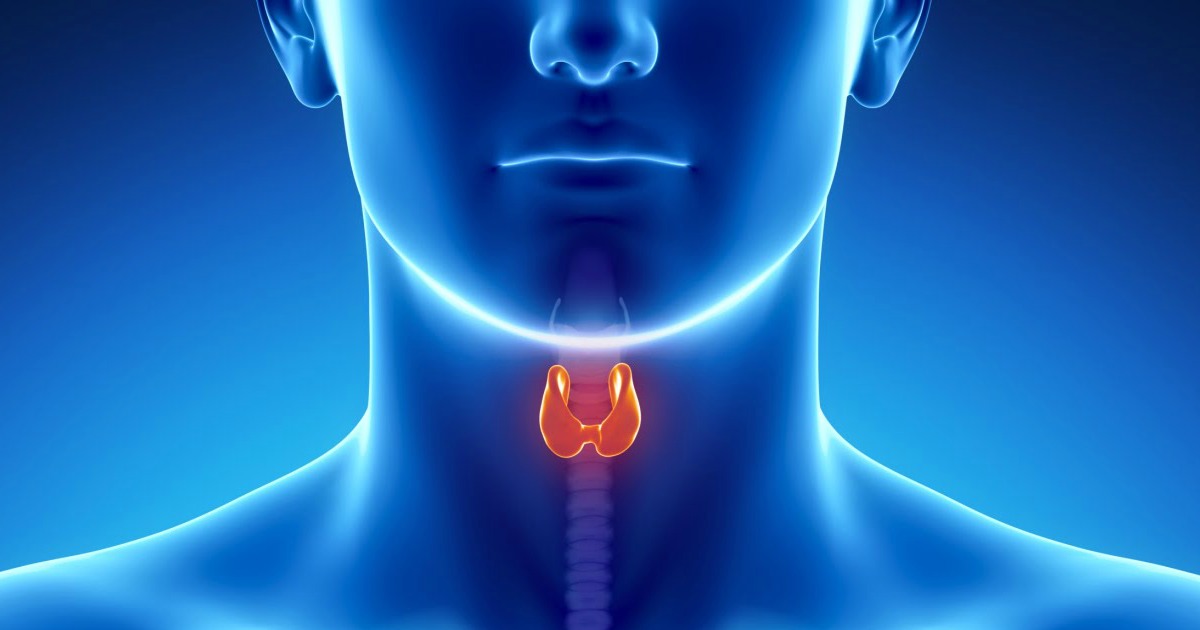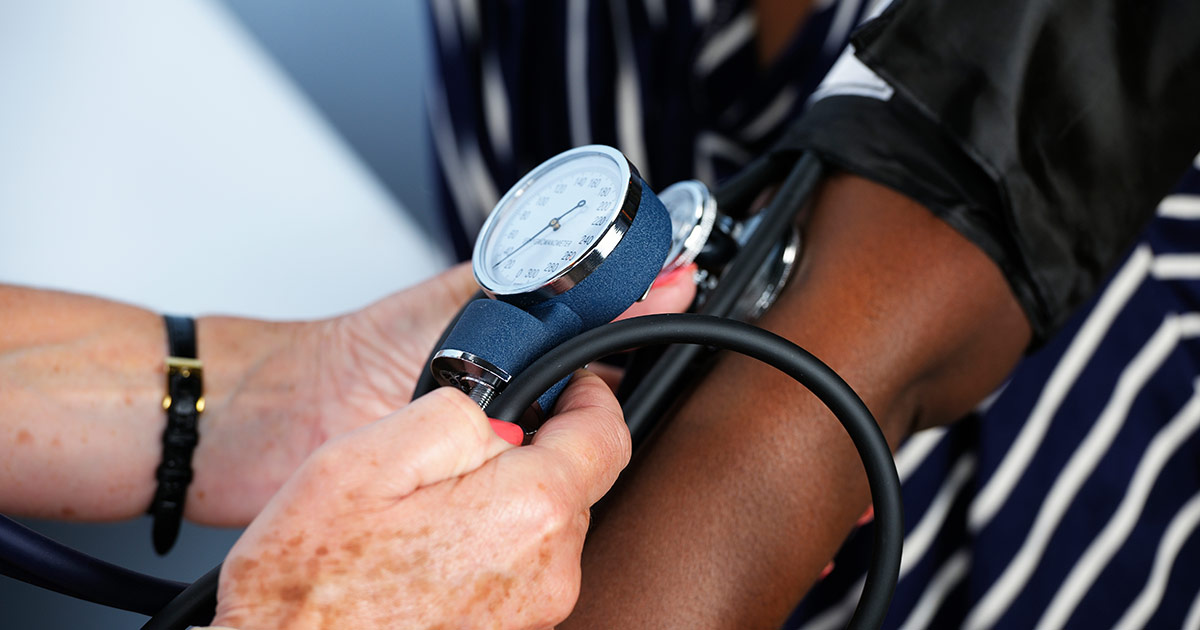What Causes Cardiomyopathy?
Cardiomyopathy, also known as heart muscle disease, is a disease that affects the muscles surrounding the heart. During the very early stages of cardiomyopathy, there may be few, if any, signs or symptoms. However, as the disease progresses, patients may experience a broad range of symptoms including shortness of breath, swollen legs and feet, abdominal bloating, excessive fatigue, coughing, chest discomfort, and unusual heartbeats. There are several causes of cardiomyopathy, and they are classified as either inherited (genetic) or acquired. There are more than a dozen different causes in the acquired classification. Nevertheless, continue reading to discover the five most common causes of this disease now.
Inherited Condition

An inherited condition of cardiomyopathy can occur in individuals who have a family history of the disease. There are various types of heart conditions that can be inherited, and three of them are different forms of cardiomyopathy. These forms are known as idiopathic dilated cardiomyopathy, hypertrophic cardiomyopathy, and arrhythmogenic right ventricular cardiomyopathy. Treatment for an inherited condition of cardiomyopathy will depend on the patient's unique circumstances but can include simple lifestyle modifications, various medications, implantable devices, and surgery. There are numerous tests that can measure a patient's risk for inherited cardiomyopathy including electrocardiograms, exercise stress tests, and cardiac MRIs.
Keep reading to find out what role nutrition plays in the development of this condition.
Nutritional Deficiencies

While there are a variety of different causes of cardiomyopathy, one of the biggest causes is due to various nutritional deficiencies. This is what makes this particular form of cardiomyopathy the most preventable type. Diets that are highly deficient in thiamine, which includes vitamins B-1 and B-3, niacin, magnesium, calcium, and selenium, can trigger the development of cardiomyopathy. According to research studies, selenium seems to be the most critical nutrient necessary for preventing cardiomyopathy because it helps to protect the heart's muscles. However, magnesium is also essential in that it assists in proper heart functioning.
Continue reading to learn which disease can be a primary cause of cardiomyopathy.
Thyroid Disease

Thyroid disease, particularly hyperthyroidism, can negatively affect heart functions, which can lead to heart failure and hypertrophic cardiomyopathy. One resource mentions that acquired hypertrophic cardiomyopathy is quite rare and is usually associated with an existing health condition such as thyroid disease. Individuals who possess this type of cardiomyopathy typically display symptoms of both hyperthyroidism as well as heart disease. Common symptoms of cardiomyopathy caused by thyroid disorders often include shortness of breath, heart palpitations, dizziness, chest pains, muscle weakness, fatigue, and excessive sweating. Treatment of this type of cardiomyopathy includes treatments for both heart disease and hyperthyroidism.
Next, reveal how high blood pressure is related to cardiomyopathy.
High Blood Pressure

Unchecked high blood pressure, or hypertension, can lead to what is known as hypertensive heart disease, or HHD. Hypertensive heart disease is the number one cause of death associated with high blood pressure because it can encourage the development of several serious heart issues including ischemic heart disease, heart failure, left ventricular hypertrophy, and cardiomyopathy. In all of these cases, the heart becomes less elastic and weakened. This often results in inefficient blood flow and increased pressure in the heart. The heart enlarges to accommodate excess blood flow, which weakens the muscles surrounding the heart. To effectively treat cardiomyopathy caused by hypertension, treatments for both conditions will be required.
Keep reading to uncover how drugs and alcohol can cause cardiomyopathy.
Drugs And Alcohol

The abuse of drugs and alcohol is another common cause of cardiomyopathy. Both drug and alcohol abuse can have a highly toxic effect on many of the body's major organs including the heart. Over time, heavy alcohol or drug usage can damage the muscles of the heart, making it difficult for the heart to function properly. When this happens, the heart becomes enlarged to accommodate the extra blood. Common symptoms of cardiomyopathy caused by drugs and alcohol often include an enlarged heart, heart murmurs, congestion in the lungs and heart, swollen legs and feet, and swollen areas on one or both sides of the neck.
